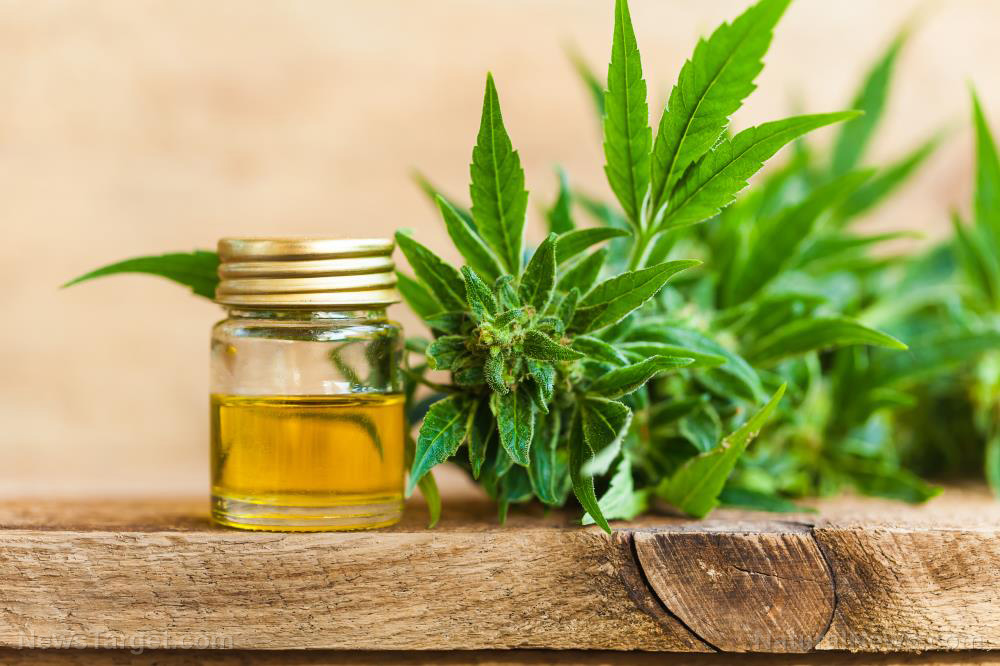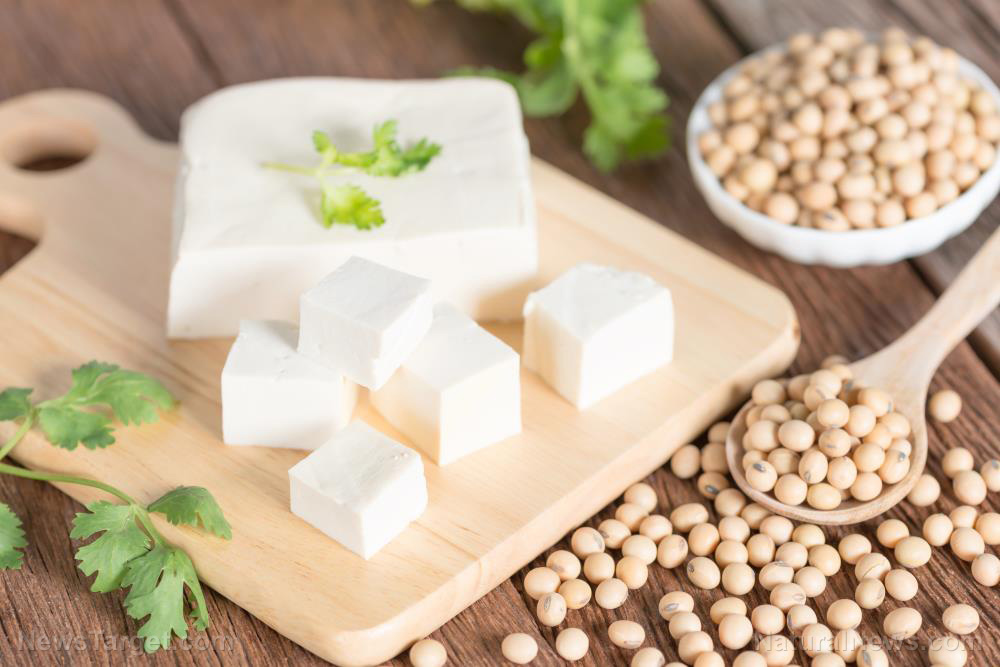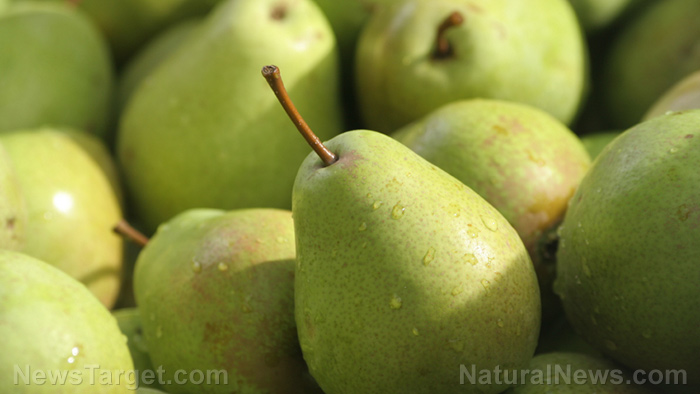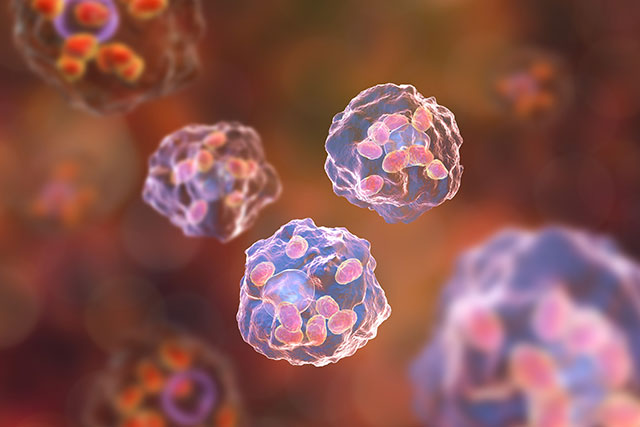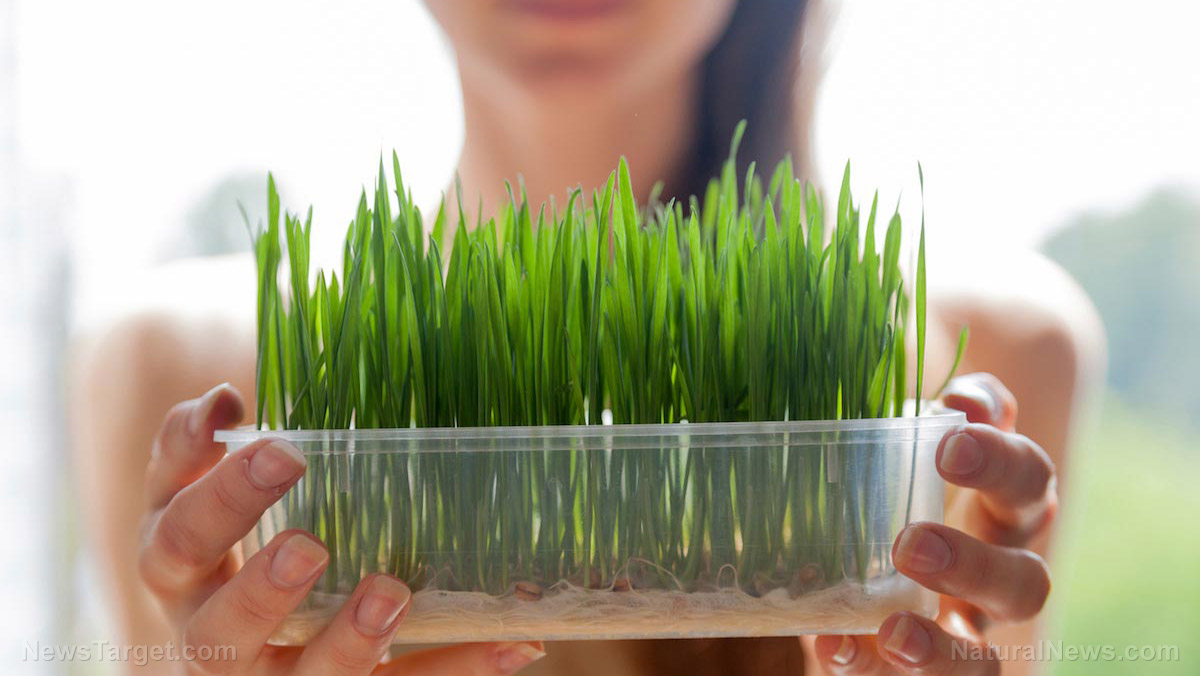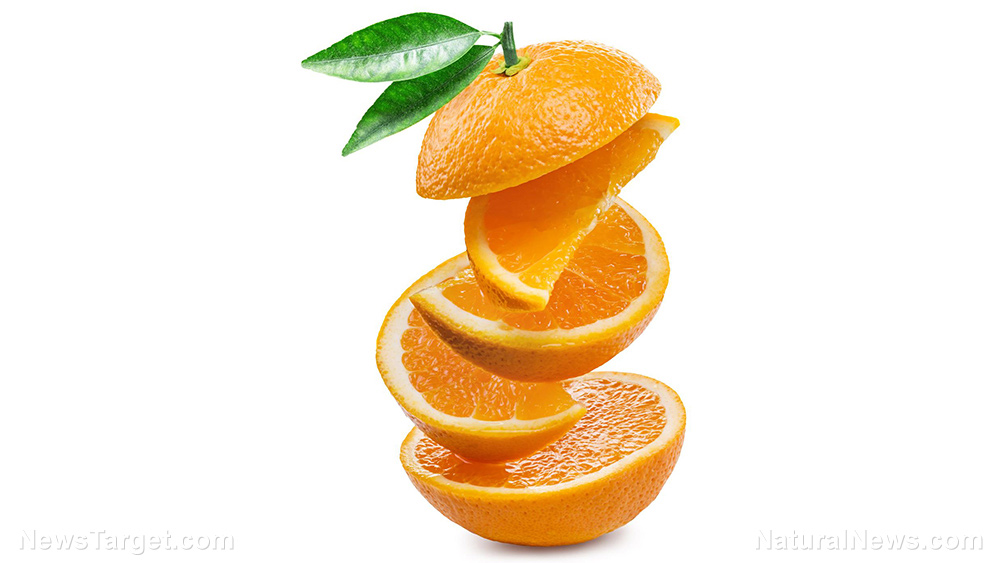Commercial octopus farming could have a “negative ripple effect on sustainability and animal welfare,” warns scientists
05/07/2019 / By Edsel Cook
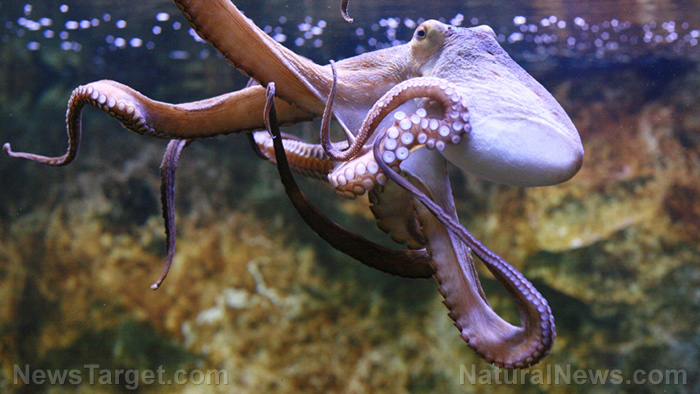
Experts spoke out against the ongoing attempts to raise and farm octopus on a commercial scale. They said that domesticating the delicious but vulnerable cephalophod will not only be cruel to the animals, but will also be even more unsustainable than most aquatic farming.
“We are all living during the rapid domestication of aquatic species and research is almost entirely around the question of which aquatic animals we can farm, rather than which animals we should farm,” remarked New York University (NYU) researcher Jennifer Jacquet, the lead researcher and primary author. “Universities and companies are investing time and money into farming octopus, which we believe is a big mistake.”
Jacquet believed that commercial octopus farming was going to repeat earlier mistakes made by humans that caused serious harm to animals and their environment. In some ways, the environmental effects would be worse since octopuses are carnivorous and need to be fed with other animals.
Along with colleagues from New York, Australia, and Spain, the NYU research team strongly warned against adding octopus to the hundreds of aquatic species that are already being farmed in almost 19o countries around the world. (Related: Love for animals is pre-wired: Experts say it’s in our genes.)
Aquatic farming is responsible for overfishing
Other researchers in China, Japan, Mexico, and Spain have been working on the know-how for expanding the size of commercial octopus farming. Their efforts were being supported by companies like Nissui, a Japanese seafood company that claimed 2020 will witness the debut of farmed octopus on the food market.
Mother Nature's micronutrient secret: Organic Broccoli Sprout Capsules now available, delivering 280mg of high-density nutrition, including the extraordinary "sulforaphane" and "glucosinolate" nutrients found only in cruciferous healing foods. Every lot laboratory tested. See availability here.
In response to the breakneck pace of octopus farming-related research, the NYU-led research team evaluated the effects of octopus farms on the populations of the animals and their home environments. They pored over the existing body of scientific papers on farming octopus and other aquatic animals.
They found that most farmed land species were plant eaters. There were occasional omnivores like pigs, but those animals would also eat plants.
In contrast, farmed aquatic animals like carp, catfish, and salmon were meat eaters. They ate fishmeal, which was made from fish caught in the wild around the world.
Fishmeal and other animal feeds took up 30 percent of the total number of fish caught every year. The biggest customer for these products was aquaculture, which is one of the biggest culprits for overfishing.
Octopuses are completely unsuitable for commercial farming
In their study, which they published in the journal Issues in Science and Technology, the NYU researchers found that commercial octopus farming would generate large amounts of uneaten fishmeal and feces. The excess food and animal waste would decompose into nitrogen and phosphorus, causing water pollution.
Furthermore, octopuses were quite smart and participated in very complicated behaviors. The independent animals thus fared badly in an aquatic farm. The enclosed environment was actually harmful to their physical well-being.
Modern-day aquatic farms suffered from high death rates, more aggressive animals, and the threat of infection by parasites. These issues were expected to be much worse for octopuses since these animals were vulnerable enough in the wild.
Furthermore, the researchers saw no need for commercial octopus farms. Although octopus is considered a culinary delicacy, it was not a staple food.
“However, in the case of octopus, this does not pose problems for food security,” Jacquet remarked. “The main markets for octopus — Japan, South Korea, northern Mediterranean countries, the U.S., China, and Australia — are food secure.”
She and her colleagues concluded that octopus farming is not worth the animal welfare and environmental problems it caused. They recommended discontinuing or even banning research into mass production of octopus as food.
Sources include:
Tagged Under: animal farming, Animal Feed, conservation, discoveries, environment, fishmeal, food industry, marine animals, marine ecology, marine life, octopus, wildlife
RECENT NEWS & ARTICLES
Natural.News is a fact-based public education website published by Natural News Features, LLC.
All content copyright © 2018 by Natural News Features, LLC.
Contact Us with Tips or Corrections
All trademarks, registered trademarks and servicemarks mentioned on this site are the property of their respective owners.






